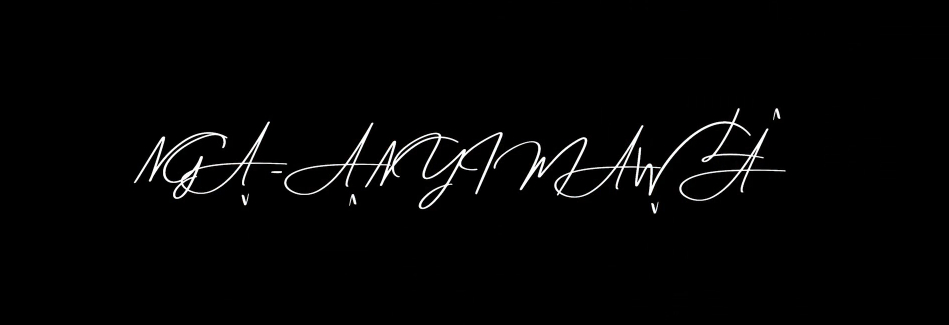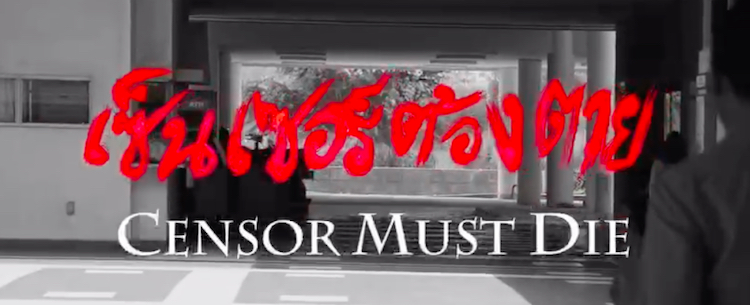
Journalist Stephen Maher’s first impression of Justin Trudeau was not particularly favourable: “He looked like a charismatic lightweight”. Maher’s new political biography of Trudeau portrays the Canadian Prime Minister as narcissistic and superficial, “a leader of limited ambitions, a transactional rather than a transformational leader.” Surprisingly, Trudeau agreed to be interviewed for the book earlier this year.
The biography takes its title, The Prince: The Turbulent Reign of Justin Trudeau, from a 1977 interview with Trudeau’s mother, who described him as “a prince—a very good little boy”. But the term also has other connotations, and Maher describes Trudeau’s sense of entitlement, “his princely certainty in the importance of his ideas,” his “princely capriciousness” and “princely vanity.” There is also a Machiavellian reference, and the book includes withering epigraphs from the Italian philosopher’s The Prince (Il principe).
Maher gives Trudeau due credit for a successful domestic social agenda, with “real progress for children, women, families, and the most significant effort to fight poverty in a generation.” But mindful of Canada’s election next year, he sums up Trudeau’s three terms in office with an unambiguous conclusion that echoes the PM’s current low approval rating: “After eight years of Trudeau, we are obviously in a weaker position.”
The biography takes its title, The Prince: The Turbulent Reign of Justin Trudeau, from a 1977 interview with Trudeau’s mother, who described him as “a prince—a very good little boy”. But the term also has other connotations, and Maher describes Trudeau’s sense of entitlement, “his princely certainty in the importance of his ideas,” his “princely capriciousness” and “princely vanity.” There is also a Machiavellian reference, and the book includes withering epigraphs from the Italian philosopher’s The Prince (Il principe).
Maher gives Trudeau due credit for a successful domestic social agenda, with “real progress for children, women, families, and the most significant effort to fight poverty in a generation.” But mindful of Canada’s election next year, he sums up Trudeau’s three terms in office with an unambiguous conclusion that echoes the PM’s current low approval rating: “After eight years of Trudeau, we are obviously in a weaker position.”













































